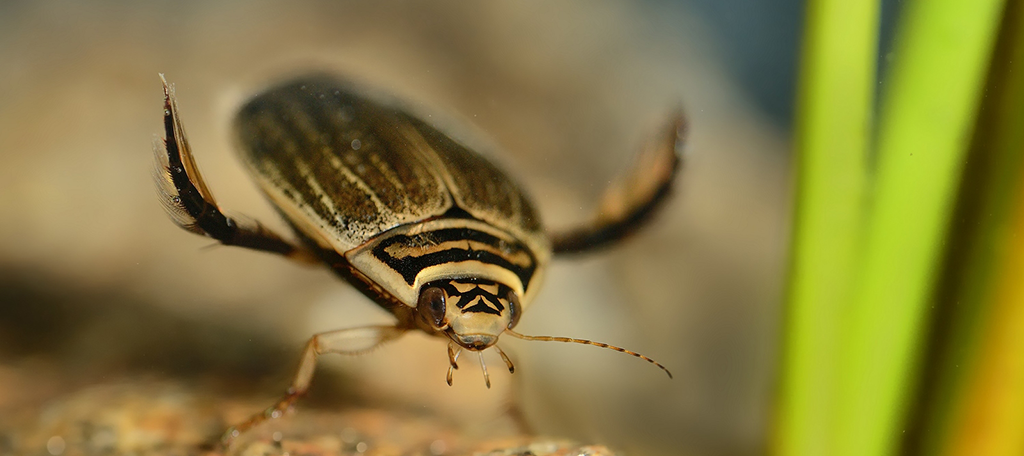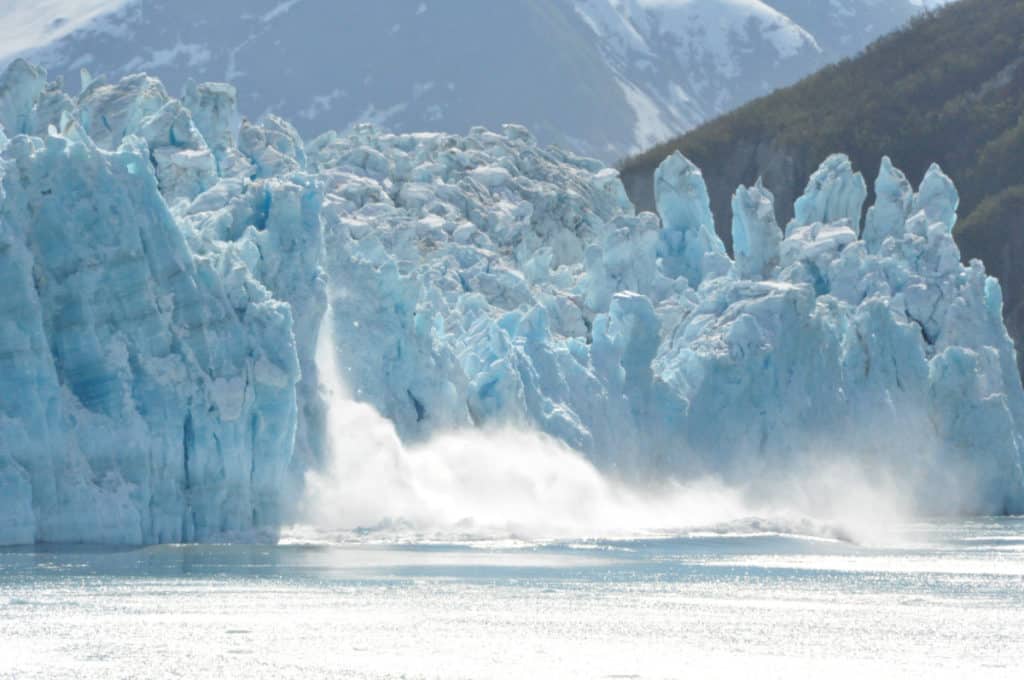Over the years there are have been many reports that have predicted an extremely bleak future for insects as a result of climate change. However, while their populations are on the decline and many species face extinction, like bees, the insect apocalypse is not here yet.
The latest, largest, and most comprehensive research has suggested the insect decline is smaller than anticipated.
According to the research team, the terrestrial insect population has declined at a rate of 9% per decade. However, at the same time, the freshwater insect population has increased by 11% during the same time frame.
Based on this information, you may think that the insect population as a whole is not in a dire situation, but you would be wrong.
This is because the freshwater insect population only makes up 10% of overall insect species. This makes perfect sense when you remember that less than 1% of the Earth’s surface is freshwater.
However, one thing that is clear is that in the insect kingdom, there are climate winners and losers.
Why Are Freshwater Insect Populations Increasing?

The report found the main factors in the population growth are attributed to: a) the fact that many freshwater sources such as lakes and rivers have gotten much cleaner, and b) global warming.
While global warming is an overall negative that endangers humans, animals, and plants, some species benefit from it. In this case, the warmer weather helps the freshwater insects reproduce. Thus, explaining why their population is growing as the temperature increases.
However, this is not the case for the other 90% of the insect population.
Unfortunately, this means more mosquitos.
How Serious Is the Decline?
If we were to break the 9% decline per decade into years, that would be a .90% terrestrial insect loss each year. While this doesn’t sound like much, it is a serious threat to humanity.
Our plants and food crops will no longer be pollinated by insects. This will not only create a food shortage, but also further endanger plants and the biodiversity of our planet.


